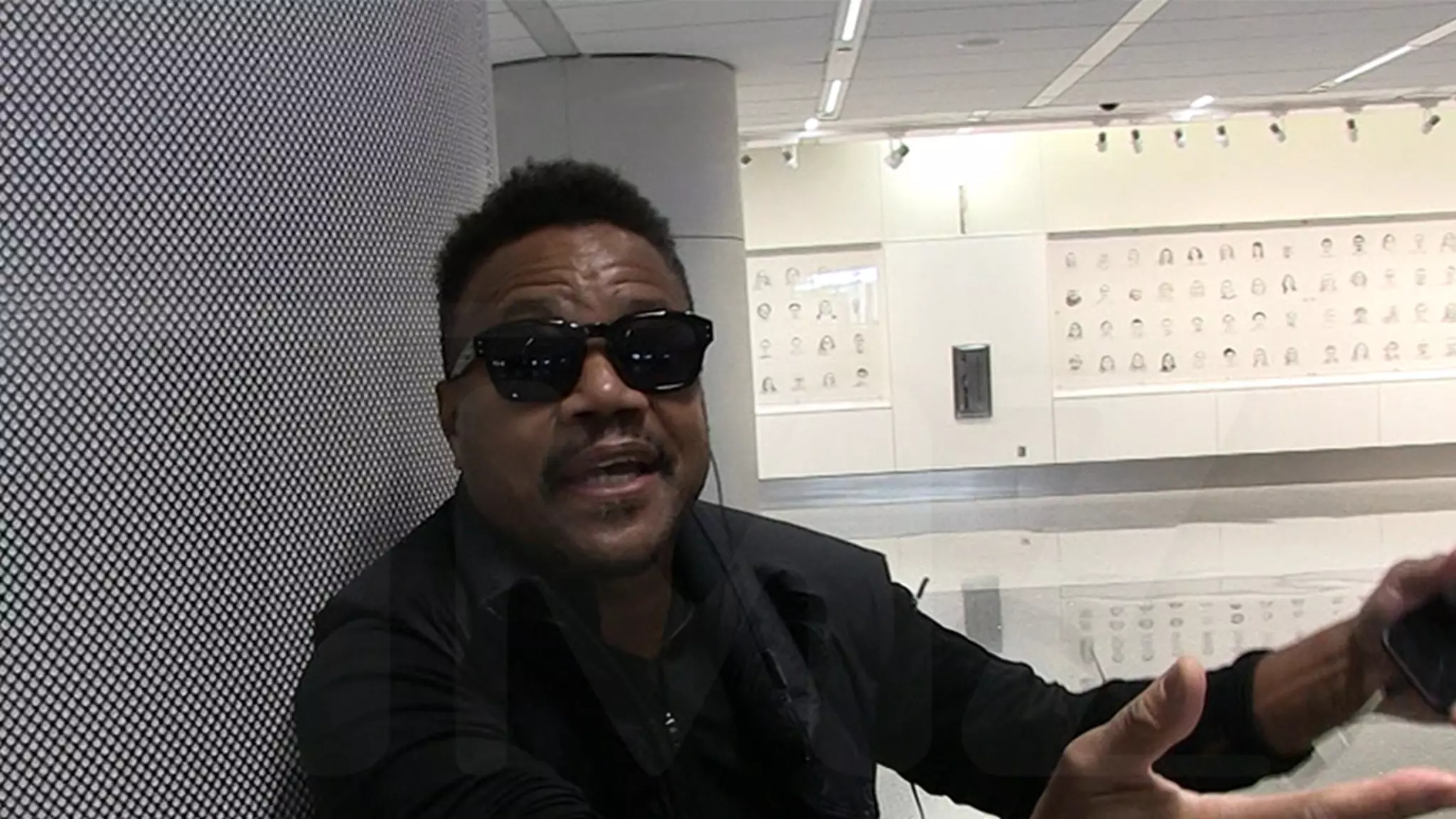Cuba Gooding Jr. recently made headlines by addressing a pressing issue that transcends borders: the potential for escalating tensions between global powers to lead to war. His passionate declaration that “war is just flat-out ignorant” strikes a significant chord in a world saturated with the ill effects of conflict. In an age where geopolitical battles can arise overnight, it is imperative that we first acknowledge the complex socio-political dynamics at play before hastily choosing sides. While the human instinct often leans toward the simplification of conflicts into ‘heroes’ versus ‘villains,’ this black-and-white view fails to encapsulate the intricate narratives that surround each conflict.
The Role of Power in War Decisions
Gooding Jr. emphasizes a critical aspect: the decisions to wage war often lie in the hands of a select few individuals. These leaders, shrouded in their power, make choices that impact countless lives, often overlooking the human element for political or economic gain. It’s essential to unpack this reality and recognize how many of these decisions are fueled by a detachment from the consequences faced by innocent civilians. The heavy toll of war, evidenced by the loss of innocent lives—including children—should ignite a collective demand for leaders to prioritize diplomacy over aggression. In Gooding’s view, such brutality can be seen as a failure of compassion, indicating a moral blindness that we cannot afford to ignore.
The Impact of Technology on Perception
Moreover, Gooding Jr. discusses the role of the internet in connecting people globally. Unlike the past, where narratives were often one-dimensional, we now have access to real-life footage that showcases the brutal realities of warfare. This shift leads to a more profound awareness and relatability among the global populace. For instance, the stark imagery of suffering within war zones can resonate with individuals much closer to home, breaking down false perceptions of ‘us’ versus ‘them.’ Such revelations compel us to confront our own lived experiences and foster a sense of empathy for others, an emotional awakening that can challenge any preconceived notions born from mere stereotypes.
Recognizing Shared Humanity
Gooding Jr. highlights an important evolution in how we perceive global conflicts, noting that, historically, figures like the Russians were often villainized within Western narratives. Today, however, as images of anguish emerge from conflicts, the line delineating ‘enemy’ from ‘ally’ becomes increasingly blurred. This recognition of shared humanity is vital in fostering a society that values dialogue over destruction. As social media platforms proliferate around the globe, they unveil the stark truth about the human cost of war, breaking through the barriers of ignorance that have traditionally shielded us from the harsh realities faced by others.
In a world where the specter of war looms increasingly closer, Cuba Gooding Jr.’s reflections serve as both a critique and a rallying cry. Addressing the ever-present implications of power and the need for empathy, it implores us to seek understanding rather than division, paving a path toward a more compassionate global community.

